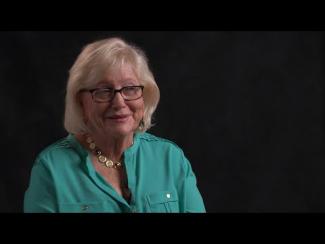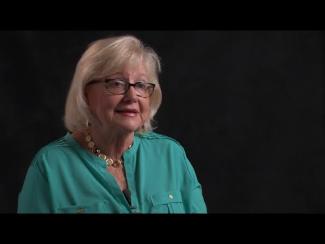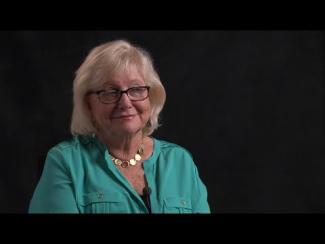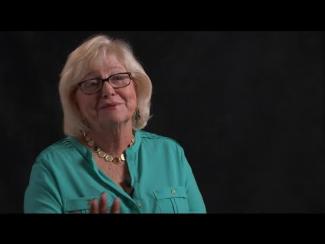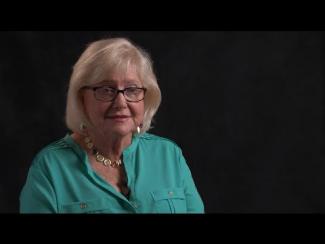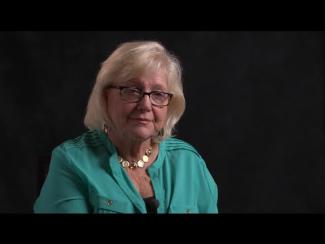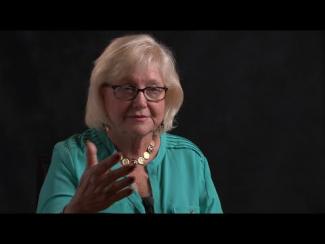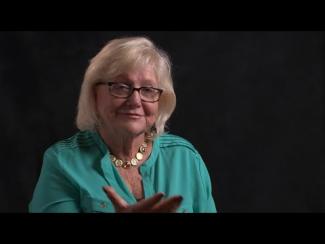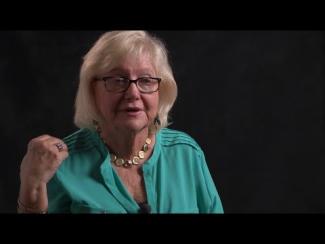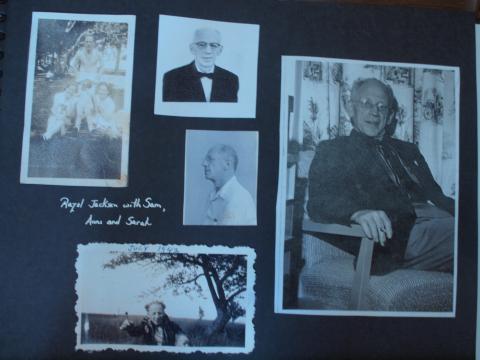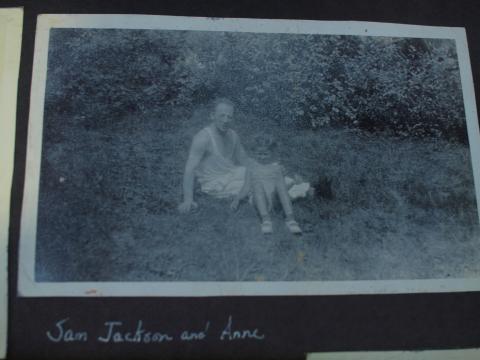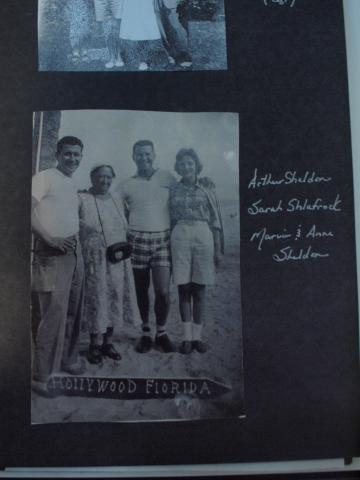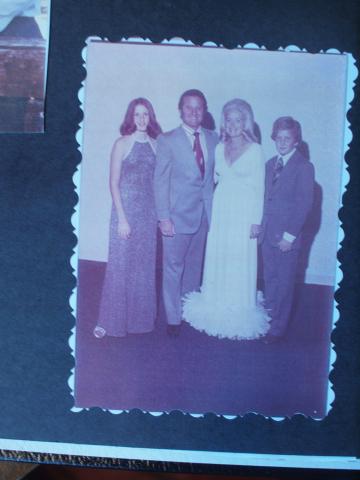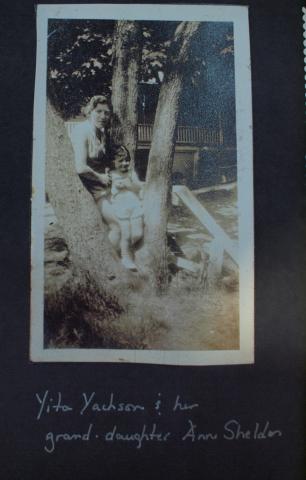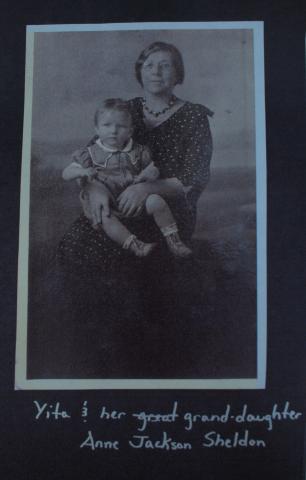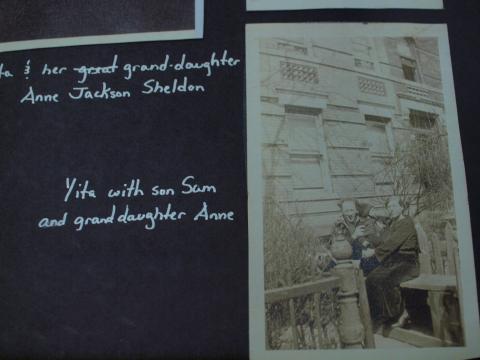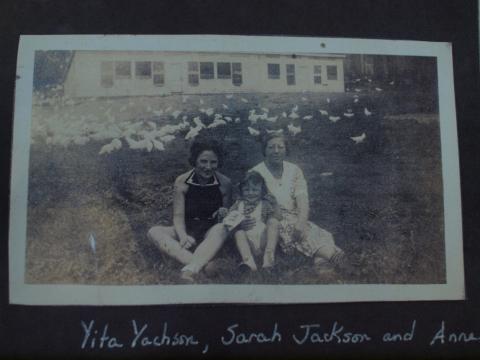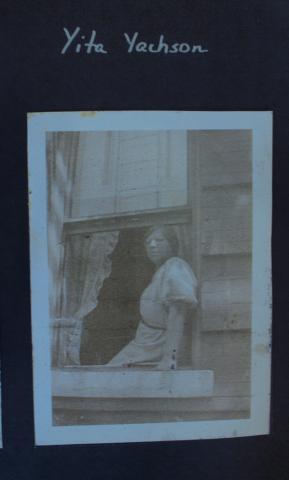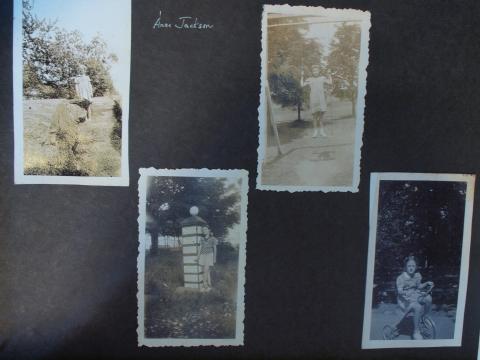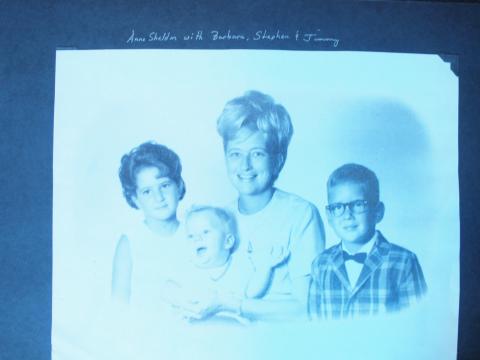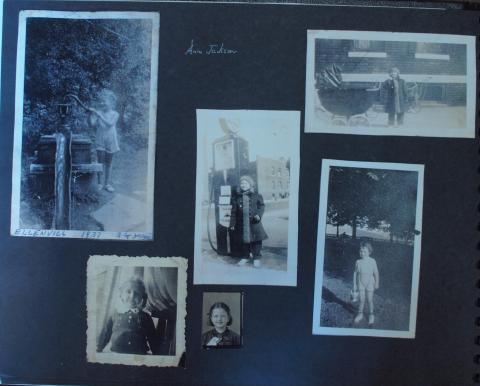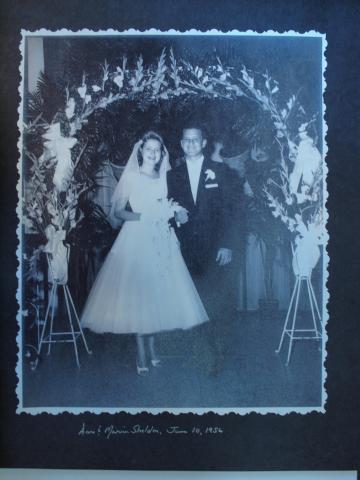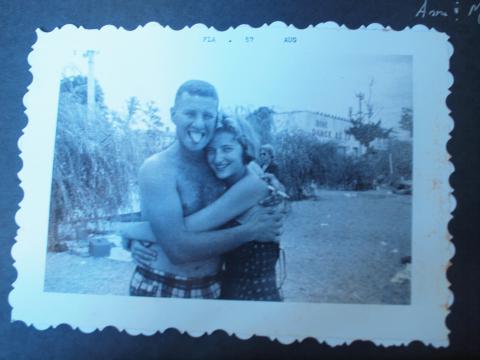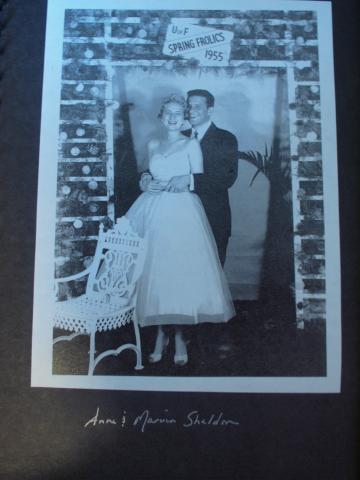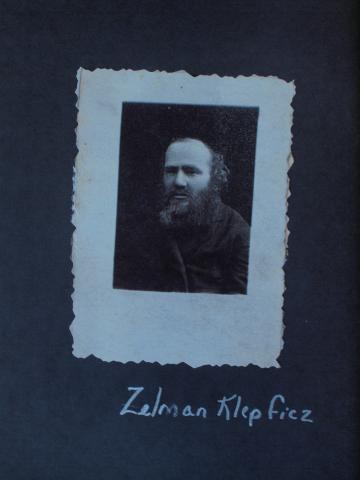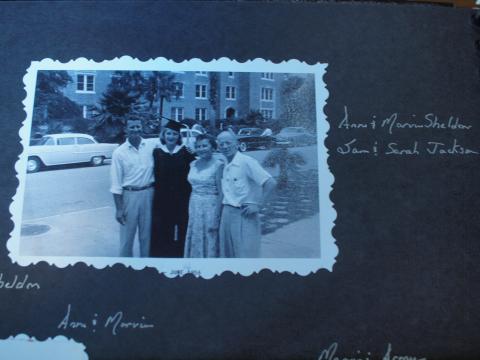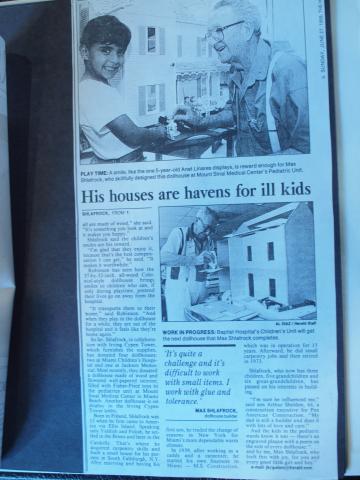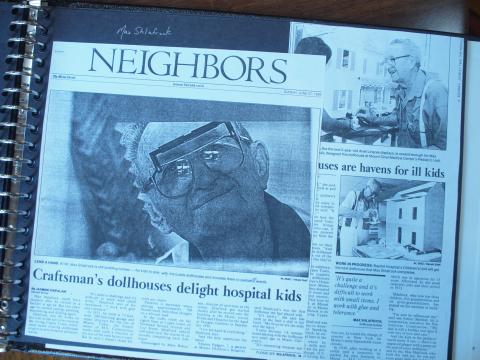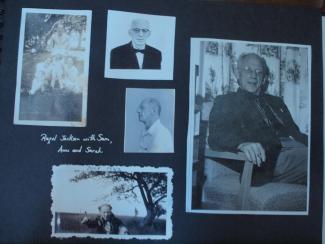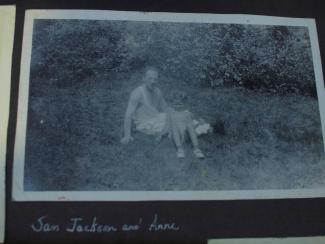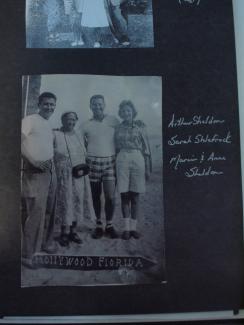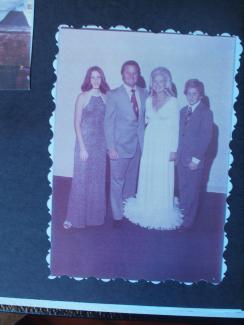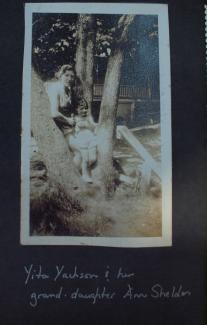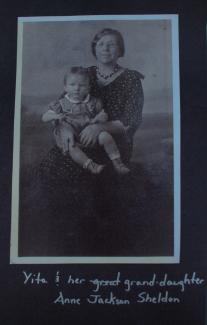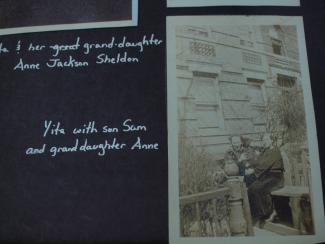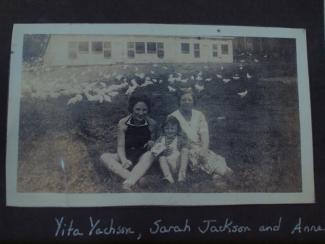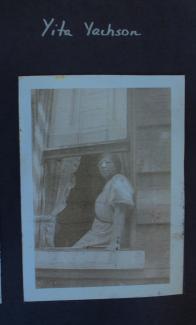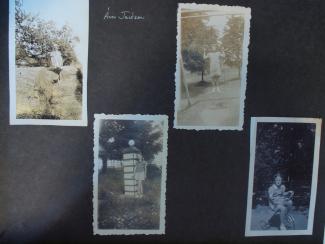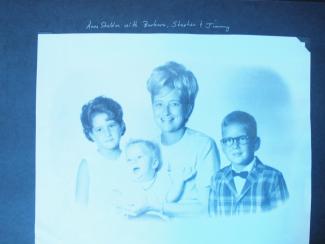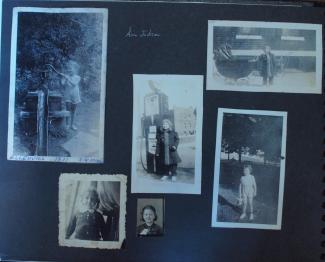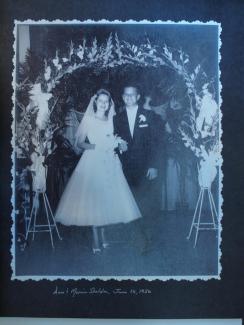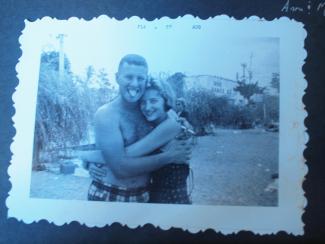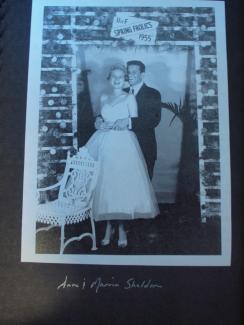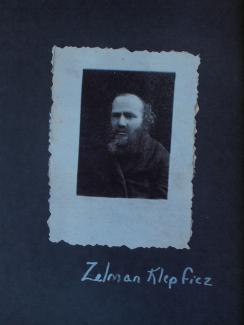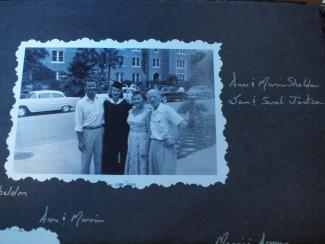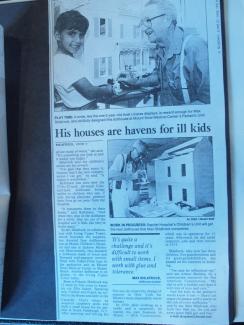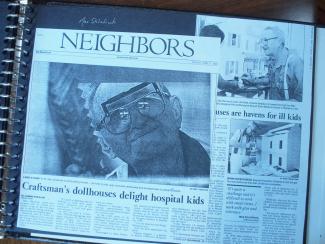The Yiddish Book Center's
Wexler Oral History Project
A growing collection of in-depth interviews with people of all ages and backgrounds, whose stories about the legacy and changing nature of Yiddish language and culture offer a rich and complex chronicle of Jewish identity.
Anna Sheldon's Oral History
Anna Sheldon, retired elementary school teacher and native Yiddish speaker born in Warsaw, Poland, was interviewed by Jessica Parker on March 12, 2013 in Boca Raton, Florida. Most of Anna's mother's family perished in the Holocaust. Her uncle, who was studying in Palestine and visiting Paris, missed a train to Warsaw and ended up surviving the war. She recounts his interesting life, including a stint as the Minister of Education in Panama and advisor to the president. Anna's mother, also very accomplished, spoke eight languages and became a histologist in Miami as well as the leader of many local Jewish organizations. Anna and her mother were very close; Anna still grieves her death. Anna's parents were progressives who brought Anna and her brother up in a very Jewish home and community. She fondly remembers the wonderful foods prepared by her mother, an excellent cook who enjoyed sharing holidays with others. Anna attended the Workmen's Circle shule (secular Yiddish school) when the family lived in New York; since there were few Yiddish organizations or opportunities in Florida, her parents sent her to Camp Boiberik. Anna joined Young Judea and Habonim, and she remembers the joy in the household when Israel became a state. She talks about the Jewish values that her parents tried to pass on to their children; she has followed their lead with her children and grandchildren. Anna, like her mother, is a natural leader. She ran their local JCC Book Festival and was president of the local chapter of the National Council of Jewish Women (NCJW). Anna is proud that she got a grocery store employee who made an anti-Semitic remark fired by threatening that NCJW members would boycott the store. She has collected oral histories from survivors of the Holocaust and volunteers at the Holocaust Museum in Miami, bringing together inner-city school children and survivors. She ends the interview by suggesting that keeping Yiddish alive will be very challenging, but was excited to learn about the efforts of the Yiddish Book Center and of other Yiddishist courses and activities recently underway. She then moves on to talk about feeling unique among her peers as a Yiddish speaker growing up in a predominantly Jewish neighborhood in Miami where hardly anyone except her family spoke Yiddish. Her parents, whom she describes as liberal and European, are the main reason for her being grounded in Yiddish and being steeped in Yiddishkeit (Jewishness or Jewish way of life). She also discusses the importance of the holidays, Jewish food, and going to shul being an important of her growing up. Anna shares a particularly funny and insightful story of how Rabbi Lerman at Temple Emmanuel, would prostrate himself on the bema (pulpit in a synagogue from where the Torah is read) during the Yom Kippur services. Anna further discusses the impact the Holocaust had on her family and how, following in her mother's footsteps, she is also very active within the Jewish community of Miami. She shares a particular story of her and her mother encountering a rich Yiddish scene in Toronto in the 1990s when traveling with the National Council of Jewish Women. She also explains how she works with the Holocaust Documentation Center in Miami to teach schoolchildren about the Holocaust and the importance of combating hate and prejudice. For her it is important that her own grandchildren know and be proud of their Jewish heritage and take an active stand against prejudice. Toward the end of the interview she reflects on the role of Yiddish in her life and offers advice for future generations of Yiddish learners. For Anna, Yiddish is a significant part of her Jewish identity. She states, "I learned Judaism through Yiddish." She ends the interview admitting that she doesn't see a rosy future for Yiddish based on the almost nonexistent presence of Yiddish in Miami, but believes it is important to study Yiddish and encourages younger generations to do so.
This interview was conducted in English.
Anna Sheldon was born in Warsaw, Poland in 1935.

